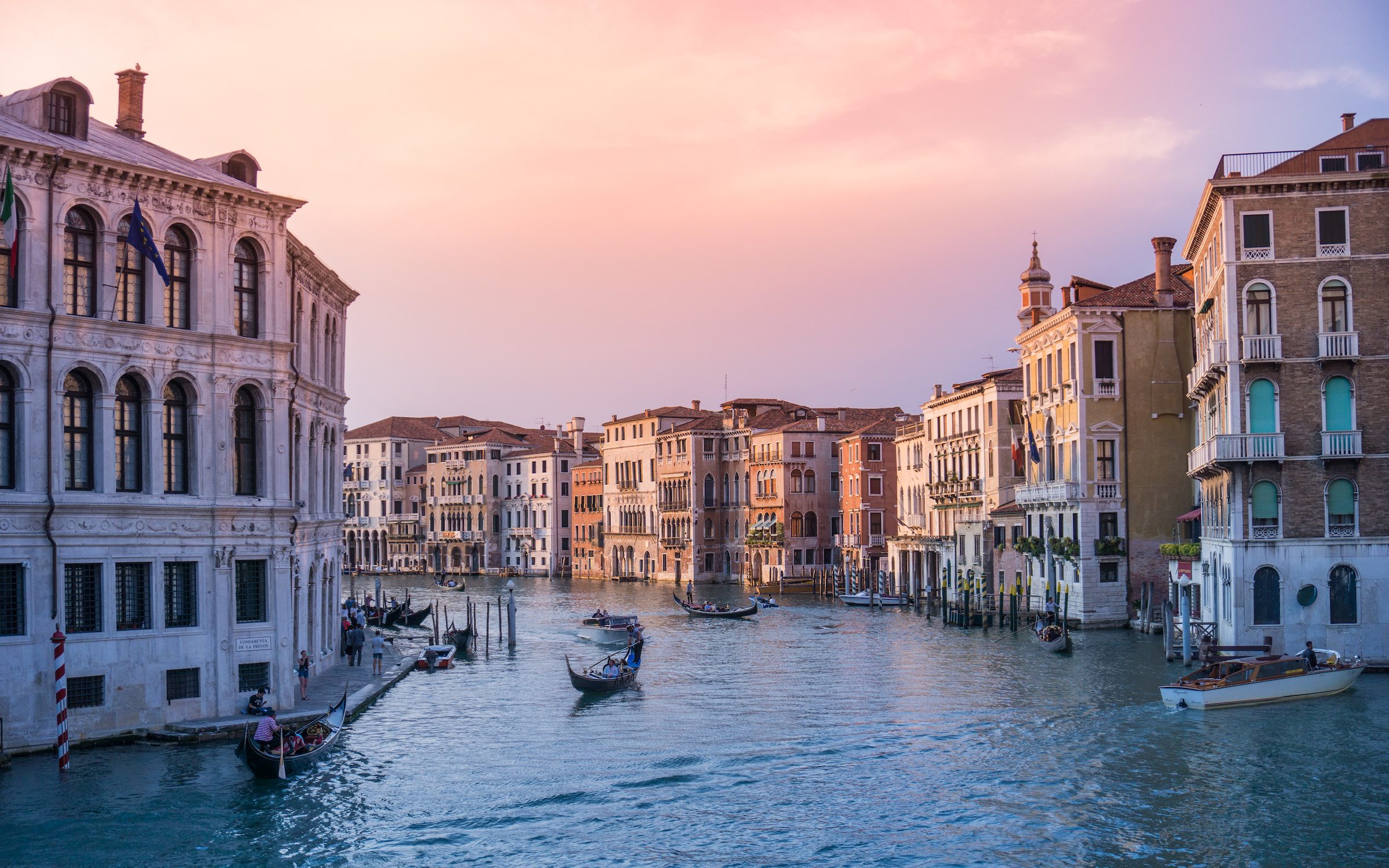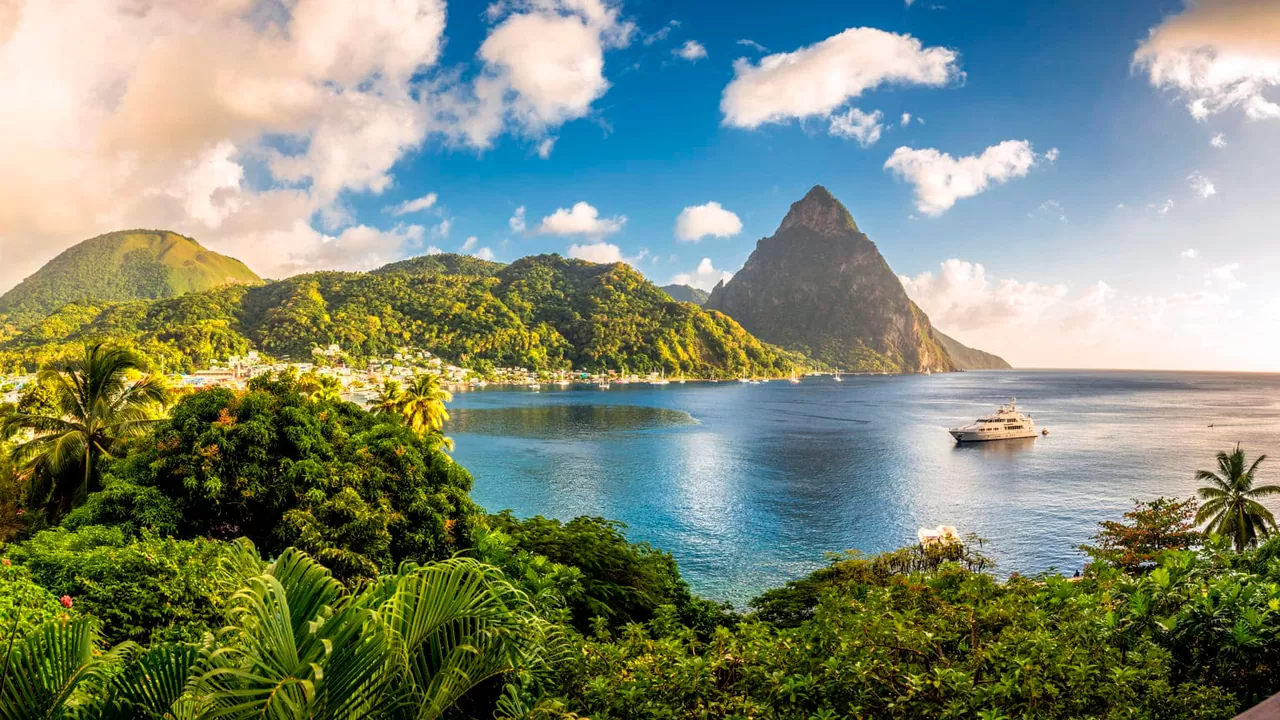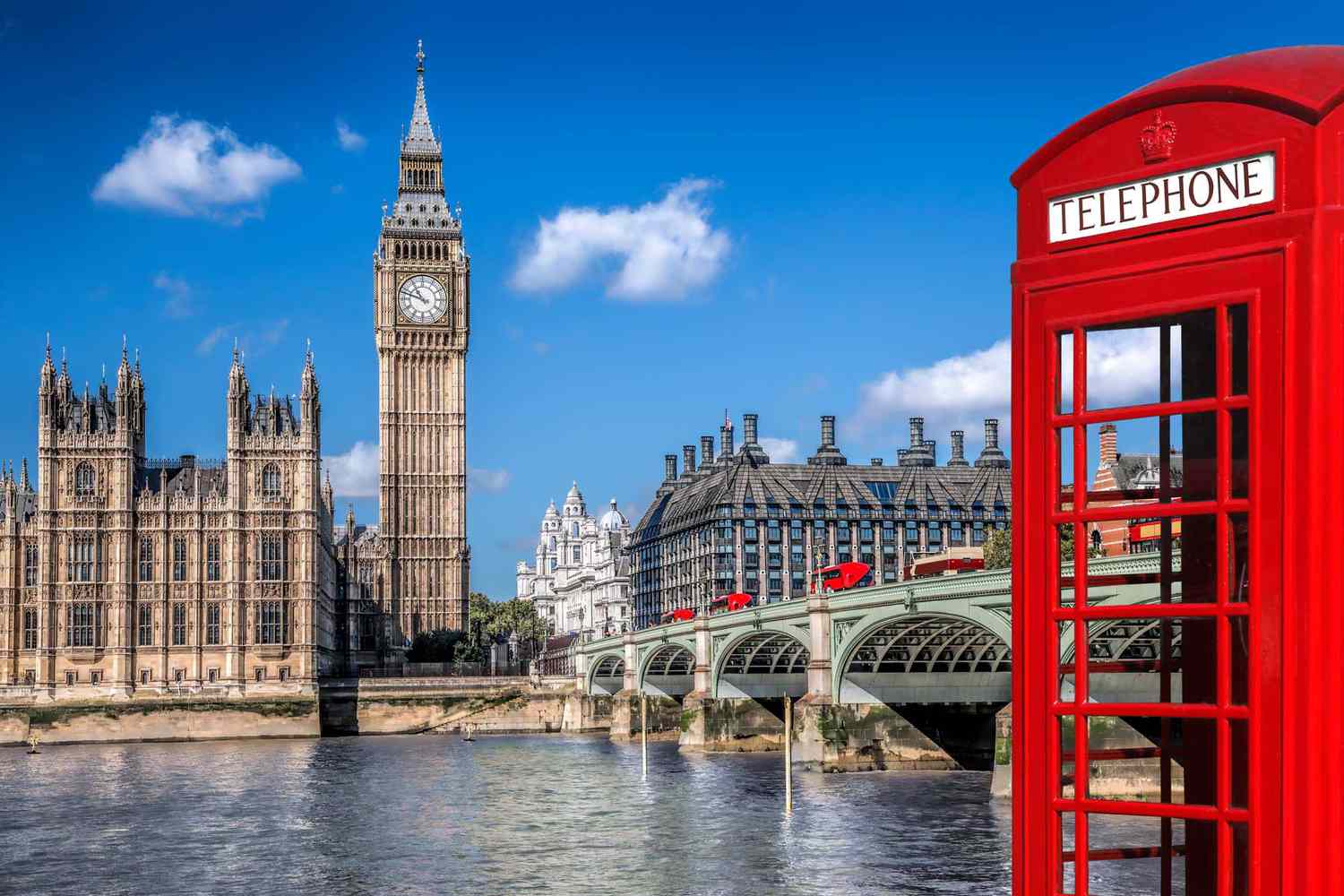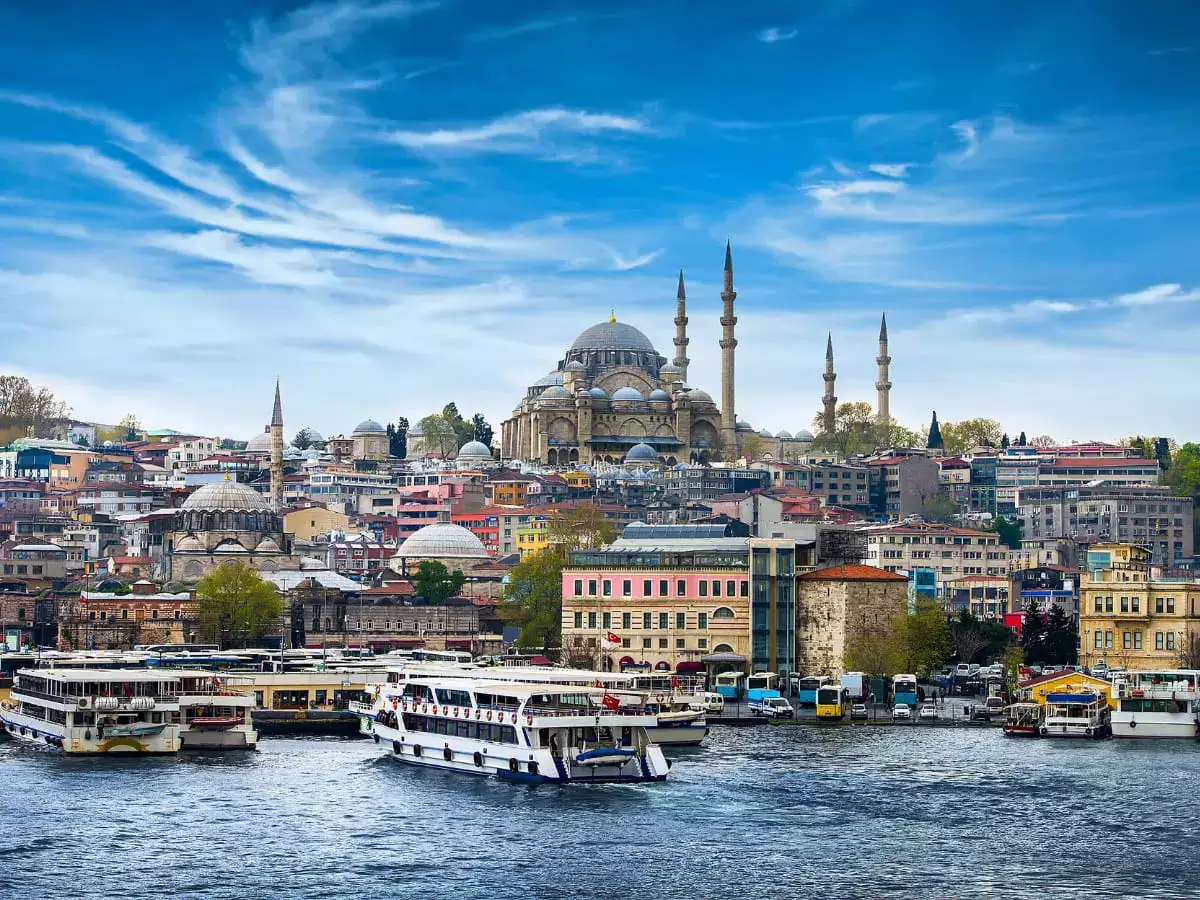Property for Sale in UAE
The United Arab Emirates (UAE) has witnessed a remarkable transformation in the field of real estate over the past few decades. The once-barren desert landscapes have now turned into architectural marvels and bustling metropolises. This article delves into the dynamic world of real estate in the UAE, exploring its rapid growth, the key factors driving the market, and the latest trends that are reshaping the enterprise.
Historical Perspective
To understand the current state of Real estate UAE, it is essential to look back at its history. The UAE’s journey from a primarily desert region to a global economic hub is a remarkable story. In the late 20th century, the discovery of oil reserves laid the foundation for unprecedented economic growth, which led to massive substructure and real estate growth.
The Real Estate Boom
Over the past few decades, the UAE has been a hub for real-estate growth, attracting both local and worldwide depositors. Cities like Dubai and Abu Dhabi have witnessed a real-estate boom characterized by iconic skyscrapers, luxurious residential complexes, and modern infrastructure. This rapid development can be attributed to several key factors.
Economic Diversification
One of the main drivers of real-estate growth in the country is its focus on economic diversification. Recognizing the volatility of oil prices, the UAE governance has made substantial investments in sectors such as tourism, finance, and technology. This diversification has attracted a diverse workforce, further improving the demand for residential and retail-properties.
Tourism and Hospitality
The UAE’s commitment to developing world-class tourism destinations has also contributed to the growth of the real estate in Dubai UAE market. Country, in particular, has become a global tourism hub with its iconic landmarks, luxury hotels, and attractions like the Burj Khalifa and Palm Jumeirah. These developments have led to an increased demand for hospitality and residential possessions in the UAE.
Non-citizen Investment
The UAE’s open economy and business-friendly policies have made it an attractive destination for foreign depositors. The governance has established free zones, allowing foreign businesses to establish a presence in the country. This influx of international companies and expatriates has driven demand for both saleable and residential properties.
Expo 2020 Dubai
The hosting of Expo 2020 in Dubai played a significant role in boosting the real estate in UAE market. The event brought together nations from around the world and spurred the expansion of infrastructure, hotels, and residential projects to accommodate the influx of visitors and participants. While the event has concluded, its legacy continues to shape the real estate landscape.
Sustainability and Innovation
Sustainability is a growing trend of real estate in UAE. With the increasing awareness of environmental issues, creators are incorporating green building practices and sustainable designs. Many new projects aim to achieve LEED (Leadership in Energy and Environmental Design) certification, showcasing a commitment to eco-friendly and energy-efficient structures.
Smart Cities
The concept of smart cities is gaining traction in the UAE. Dubai’s ambitious “Smart Dubai” initiative aims to create a city that uses technology and innovation to improve the quality of life for its residents and visitors. This initiative includes the expansion of smart substructure, IoT (Internet of Things) applications, and advanced urban planning.
Property Ownership Laws
In recent years, the UAE has implemented several reforms in its property owner laws, making it easier for non-citizen depositors to own property for sale in UAE Dubai. This has opened up new possibilities for international buyers and further increased demand for real estate.
Current Challenges
While the real estate market in the UAE has experienced influential growth, it is not without its challenges. The COVID-19 pandemic had a temporary impact on the market, with a slowdown in demand and structure. The market has, however, shown resilience and adaptability, and the recovery has been notable.
The Future of UAE Real Estate
As the UAE continues to evolve, the real estate sector is poised for further expansion and transformation. With the past FIFA World Cup in Qatar in 2022, the UAE witnessed increased demand for hospitality and residential properties as it is a convenient destination for tourists attending the event.
Conclusion
The real estate industry in the UAE has come a long way since its early days of expansion. The country’s economic diversification, tourism ambitions, and foreign investment-friendly policies have made it a global real estate hotspot. With sustainability and innovation taking center stage, and the hosting of mega-events like Expo 2020, the future of real estate in the UAE looks promising. As the UAE continues to invest in its cities and infrastructure, it will remain an attractive destination for realty depositors and a testament to the remarkable transformation of a desert nation into a multinational economic powerhouse.
Can non-citizens buy real estate in UAE?
Yes, non-citizens are approved to purchase real estate in the UAE, subject to specific adjustments and adjustments that can vary between emirates. In some areas, non-UAE nationals can own property on a freehold basis, while in others, ownership is on a leasehold basis.
Is UAE good for real estate?
The UAE has been an attractive destination for real estate investing due to its strong economy, business-friendly circumstances, and a booming tourism sector. It offers a variety of options for both commercial and residential possessions. However, like any real estate market, it comes with its own set of risks and opportunities, so investors should behavior through research and due diligence.
Why is Dubai property cheap?
Property for sale in Dubai UAE prices can vary, but they are often perceived as relatively affordable due to factors like oversupply in the market, fluctuating demand, and the government’s efforts to control prices. Additionally, off-plan and under-construction properties in Dubai are often more affordable compared to completed and ready-to-move-in properties.
Are houses in UAE expensive?
The cost of houses in the UAE can vary especially depending on the location, type of property, and the emirate. While luxury possessions in prime locations can be very expensive, there are more affordable options available, especially in emerging neighborhoods.
What is the cheapest property to buy in Dubai?
The cheapest properties for sale in UAE are typically found in emerging or less central neighborhoods, and they are often smaller apartments or studios. Prices can vary, but it’s essential to conduct research and work with a realty agent to find the best deals.
Is it worth buying a property in Dubai?
Whether it’s worth buying a property for sale in UAE depends on your specific circumstances and investing goals. Country offers opportunities for both residential and investment purposes. However, it’s crucial to consider factors like market conditions, property location, and your long-term plans.
Can a foreigner buy property in Dubai?
Yes, foreigners can buy property in Dubai. The Dubai governance has established various possessions ownership options for expatriates and non-UAE nationals, such as freehold and leasehold arrangements, making it relatively accessible for international investors.
Can you own 100% property in Dubai?
In specific designated areas known as freehold zones, non-UAE nationals can own property outright and have 100% ownership rights. These areas include popular places like Dubai Marina and Jumeirah Beach Residence. Outside these zones, you may need to lease the land for a specified period.


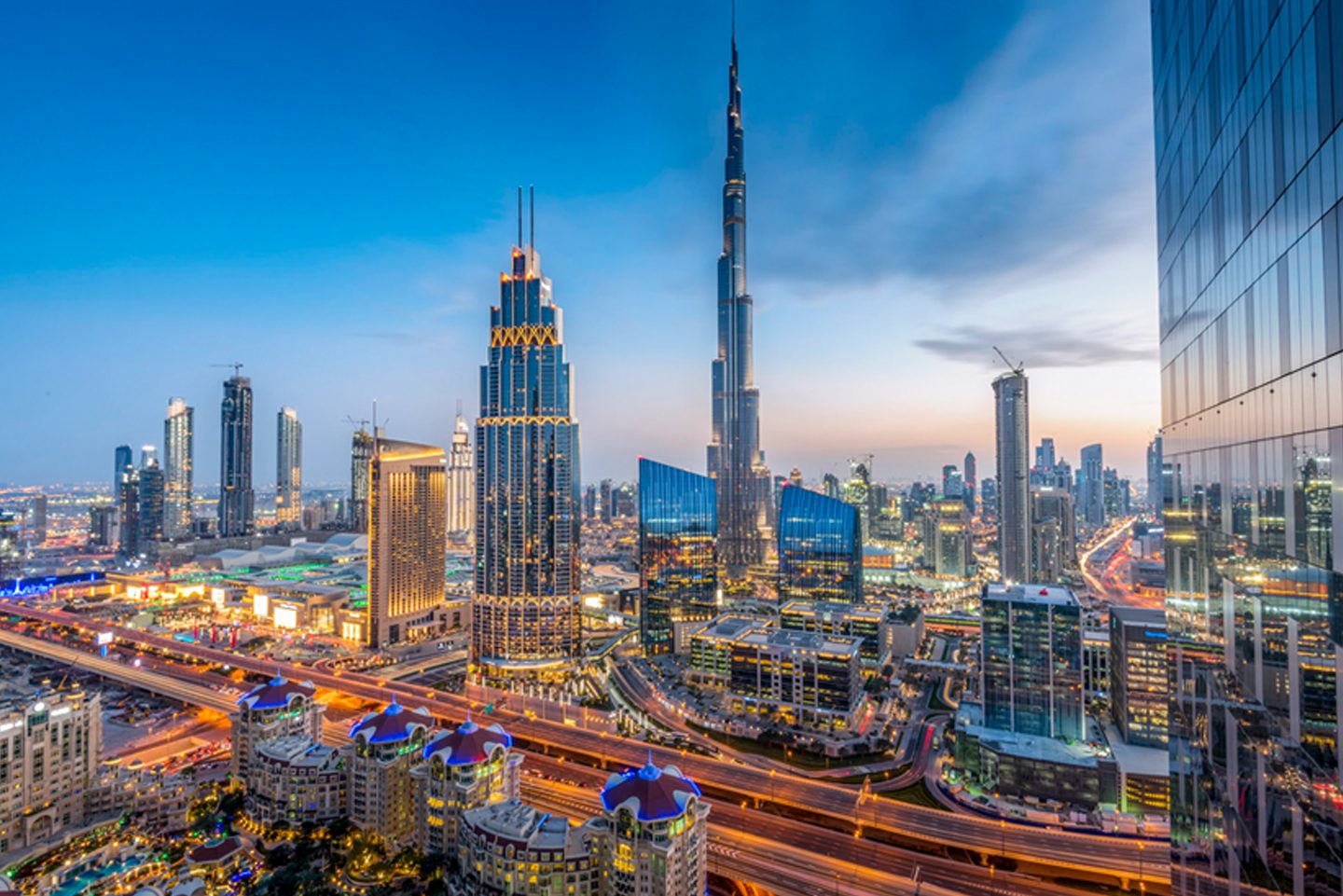 ">
">




















